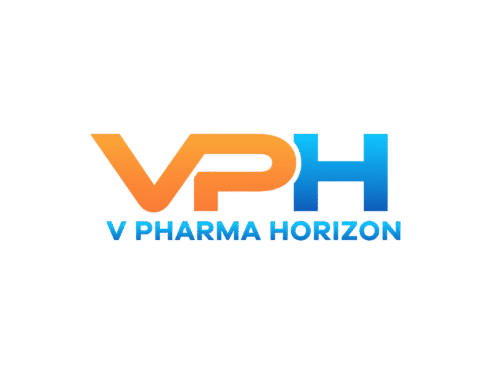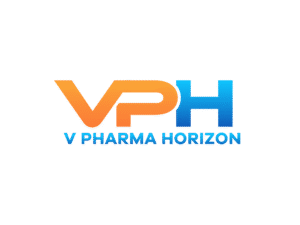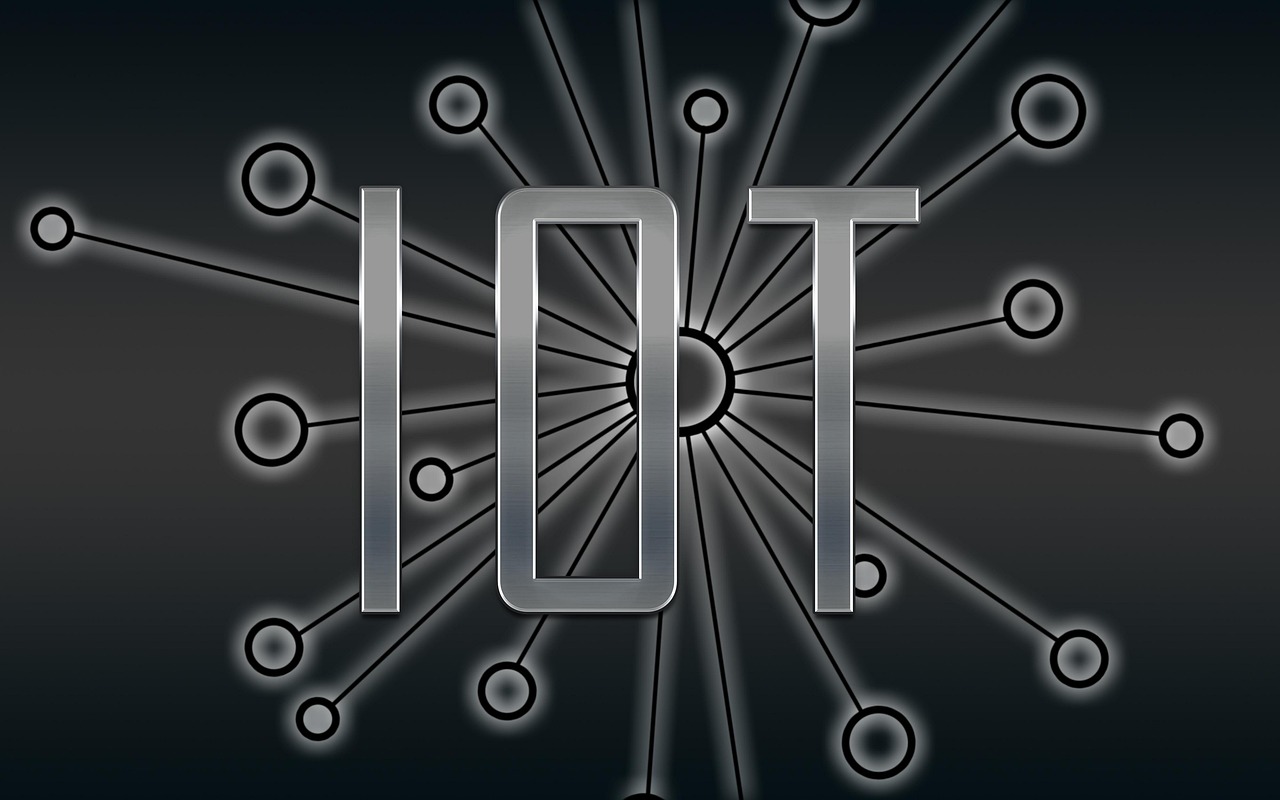Using Blockchain to Combat Counterfeit Drugs in the Supply Chain
Counterfeit drugs are a global menace, costing the pharmaceutical industry billions of dollars annually and, more critically, endangering countless lives. According to the World Health Organization (WHO), one in ten medical products in developing countries

Counterfeit drugs are a global menace, costing the pharmaceutical industry billions of dollars annually and, more critically, endangering countless lives. According to the World Health Organization (WHO), one in ten medical products in developing countries is substandard or falsified. As the pharmaceutical supply chain becomes increasingly complex and globalized, ensuring the authenticity and traceability of medicines has never been more vital. Enter blockchain—a transformative technology with the potential to revolutionize drug traceability and combat counterfeiting across the pharmaceutical supply chain.
The Counterfeit Crisis: A Supply Chain Vulnerability
Counterfeit drugs infiltrate the supply chain through weak points: lack of transparency, inadequate tracking systems, and fragmented record-keeping. These fake products not only fail to treat the intended condition but may also cause harmful side effects or death. Traditional supply chain systems, based on paper trails or isolated digital platforms, are ill-equipped to track a drug’s journey from manufacturer to patient.
Blockchain: A Decentralized Digital Ledger
Blockchain is a decentralized and tamper-resistant digital ledger where every transaction is recorded across a distributed network. Each transaction, or “block,” is cryptographically linked to the previous one, forming an immutable chain. For pharmaceuticals, this means each stage of a drug’s lifecycle—from raw material sourcing to manufacturing, packaging, shipping, and dispensing—can be recorded with transparency and integrity.
Real-Time Traceability and Drug Authentication
With blockchain, every stakeholder in the pharmaceutical supply chain—including manufacturers, wholesalers, logistics providers, and pharmacies—can access a shared, real-time view of a drug’s provenance. Scanning a QR code or RFID tag linked to a blockchain record allows instant verification of origin, batch number, manufacturing date, and transit history. This traceability helps detect and remove counterfeit products before they reach the patient.
Smart Contracts for Compliance and Automation
Blockchain can also support the use of smart contracts—self-executing agreements that enforce compliance automatically. For instance, a smart contract could ensure that a shipment is released only if it maintains proper cold-chain conditions. If a breach occurs, such as temperature deviation, the contract could trigger alerts or halt further distribution, thereby maintaining drug efficacy and safety.
Case Studies and Industry Adoption
Several pharmaceutical giants and regulatory bodies have initiated pilot programs using blockchain:
- IBM and KPMG’s blockchain consortium has partnered with drug manufacturers and wholesalers to create secure drug tracking systems compliant with the U.S. Drug Supply Chain Security Act (DSCSA).
- MediLedger, a blockchain-based network, facilitates drug verification and transaction history sharing between pharmaceutical companies.
- Modum and SAP have developed blockchain-integrated solutions for monitoring temperature-sensitive drugs during transit.
These initiatives demonstrate that blockchain is no longer theoretical—it’s being deployed to strengthen the integrity of pharma logistics.
Challenges and the Road Ahead
Despite its promise, blockchain implementation faces several challenges:
- Interoperability: Integrating blockchain systems with legacy infrastructure remains complex.
- Scalability: Handling millions of transactions per day requires robust and scalable blockchain architectures.
- Regulatory alignment: Ensuring global regulatory harmonization is critical to widespread adoption.
However, with increasing regulatory pressure, advancements in blockchain infrastructure, and industry collaboration, these challenges are gradually being addressed.
Blockchain offers an unprecedented opportunity to secure pharmaceutical supply chains, drastically reduce counterfeit drug circulation, and protect patient lives. By fostering transparency, accountability, and automation, blockchain is not just a technological upgrade—it’s a foundational shift toward a safer, more trustworthy global healthcare ecosystem.
In the battle against counterfeit drugs, blockchain is proving to be a powerful ally—one block at a time.






